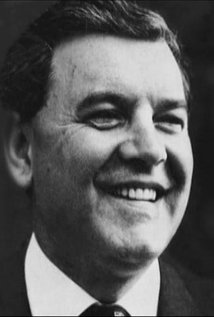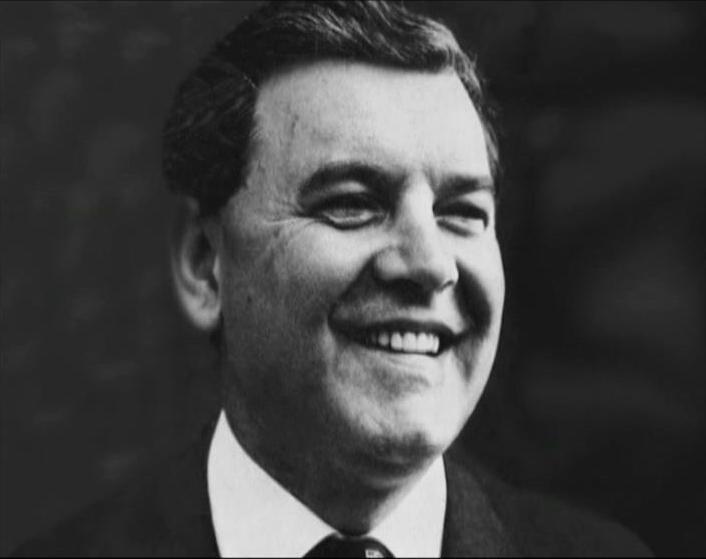George McDonald Fraser was an expert storyteller and master of the comic novel. His most widely read books chronicle the adult exploits of Harry Flashman (the original cowardly school bully of "Tom Brown's Schooldays"). Though fictionalised, these bawdy adventures are invariably set against an impeccably well-researched and annotated...
Show more »
George McDonald Fraser was an expert storyteller and master of the comic novel. His most widely read books chronicle the adult exploits of Harry Flashman (the original cowardly school bully of "Tom Brown's Schooldays"). Though fictionalised, these bawdy adventures are invariably set against an impeccably well-researched and annotated historical background, featuring the dissolute, craven anti-hero in the midst of significant historical events, including the Charge of the Light Brigade, Custer's last stand at the Little Bighorn, the Indian Mutiny, the Opium Wars, the Taiping rebellion, John Brown's raid on Harper's Ferry and Britain's 1868 punitive Abyssinian campaign. Fraser carefully avoided romanticising the Victorian-era, instead adopting an often brutally realistic, yet highly satirical 'warts and all' approach. Fascinating historical characters abound, ranging from Madagascar's black queen Ranavalona to Otto von Bismarck and Abyssinia's self-styled Emperor Theodore II, brought to life by painstakingly researched detail, proof of the old adage that fact is often stranger than fiction. The swaggering, chauvinistic arch-cad, from whose vantage point the books are written, rides his luck from one harrowing crisis to another and continues to be elevated among Imperial Britain's military elite despite his total lack of merit (not to mention morality). Fraser's wit and craftsmanship as a writer have nonetheless made Flashman into a believable, even compelling central character.The son of a doctor, Fraser had no direct qualifications as a historian. His interest in writing was likely kindled by frontier service with the British 14th Army in Burma and the Gordon Highlanders in Africa (his personal recollections of the 1944-45 campaign against the Japanese Army appeared in print in 1993 to considerable critical acclaim). After demobilisation, Fraser worked as a sports reporter and journalist in Canada and in his native Scotland, latterly as deputy editor for the Glasgow Herald (1964-69). His first Flashman book, "Royal Flash", was written in 1969. His twelfth (and last), "Flashman on the March", appeared in 2005. In addition, he authored several other novels and collections of short stories, each with a historical perspective. During the 1970's and 80's, Fraser also collaborated on several film scripts, including The Three Musketeers (1973), its sequel The Four Musketeers (1974) and the 13th James Bond entry, Octopussy (1983). He wrote the screenplays for two of his own novels, the unsatisfactorily filmed Royal Flash (1975) and The Pyrates (1986), a comical swashbuckler set along the Spanish Main and featuring another rakish anti-hero, Colonel Thomas Blood (loosely based on the historical character of that name). The 'Flashman Papers' yet await their true 'discovery' by an enterprising film maker, for they would make for splendid entertainment indeed.George McDonald Fraser eventually settled on the Isle of Man, at once to find a tax refuge and to withdraw to a place more akin to, as he referred to it, 'England as it used to be'. A Tory of moderate right-wing beliefs and outspoken enemy of political correctness, he died there on January 2 2008 at the age of 82.
Show less «




